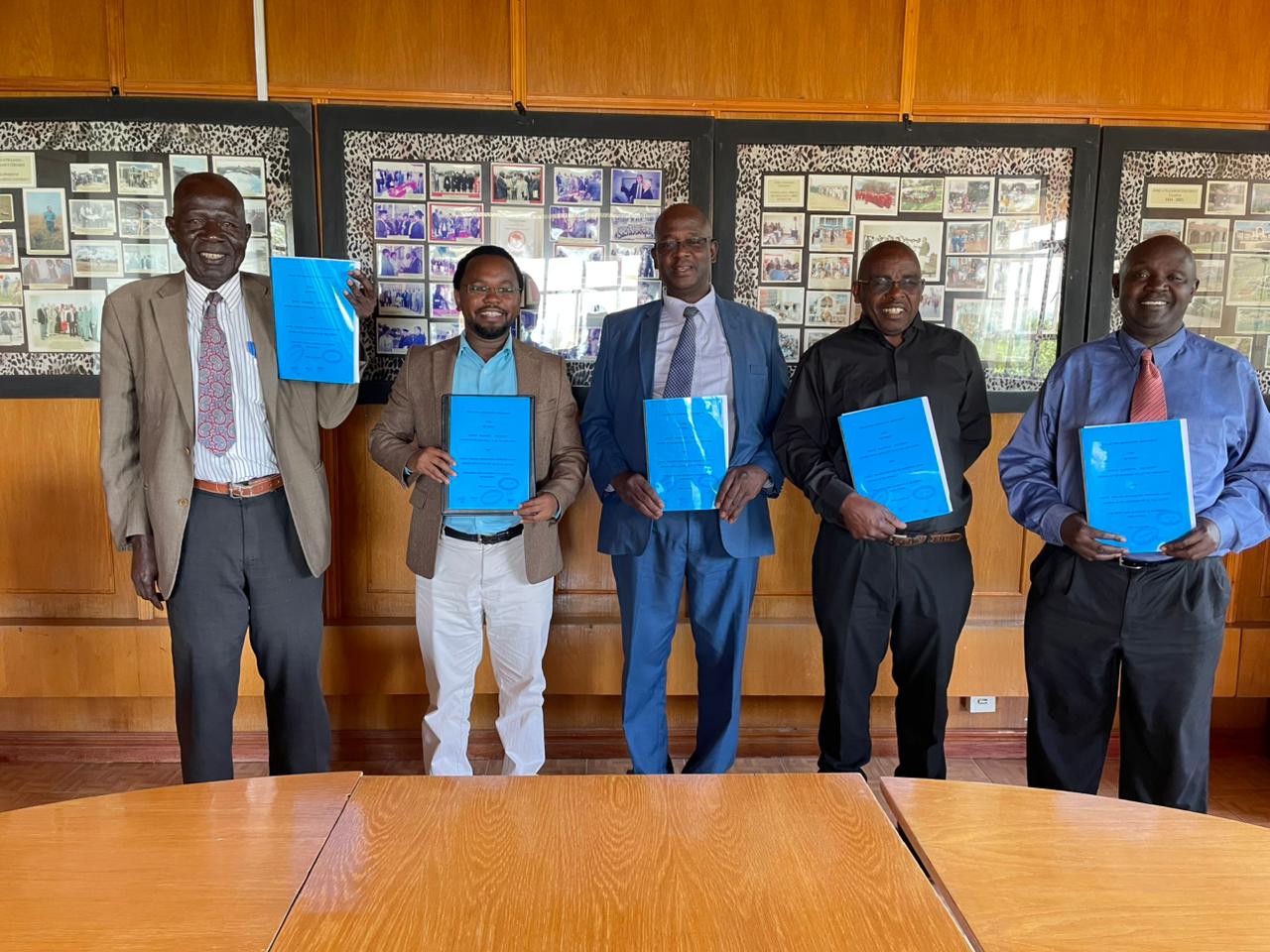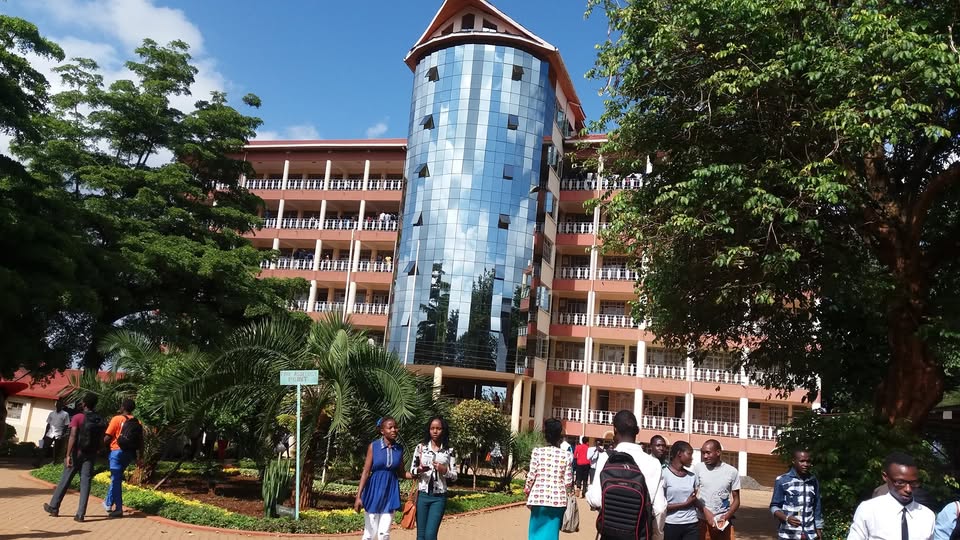The Kenya National Examinations Council (KNEC) has consistently faced one of the most difficult challenges in education – protecting the integrity of national examinations. In a country where exams determine academic progression and future opportunities, the temptation to cheat, leak papers or manipulate marks has remained strong. Yet, the council’s recent reforms mark a major turning point in how Kenya conducts and safeguards its national assessments. KNEC has introduced a series of bold, technology-driven and human-centered measures to curb examination malpractices, restore fairness and uphold the credibility of the country’s education system.
Among the latest innovations is the introduction of personalized examination papers. For the first time in Kenya’s history, each candidate will receive a question paper printed with their full name, index number, and designated space for signature. This measure directly targets impersonation, one of the most persistent forms of exam malpractice. By individualizing every paper, KNEC makes it nearly impossible for one student to sit for another. The move also improves traceability; should any irregularities arise, the council can easily track and verify who handled which paper, when and where. This personalization also carries a psychological deterrent effect. When a candidate sees their name emblazoned on the paper, it reinforces ownership, accountability and the understanding that dishonesty carries direct consequences.
Another critical measure is the redesign of exam booklets. Candidates will now write their answers directly in the same paper that contains the questions, eliminating the traditional separate answer sheets that were sometimes swapped, forged or tampered with. Each paper also contains detachable counterfoils that will be collected separately after every exam. These counterfoils serve as a verification tool, confirming the authenticity of each candidate’s script and preventing substitution during marking or storage. This innovation may appear simple, but it has immense implications for safeguarding exams at every stage of the process – from the classroom to the marking centres.
In addition to personalized papers, KNEC has piloted the use of smart digital padlocks in exam storage containers across various regions. These smart locks represent a technological leap in examination security. They are electronically programmed and can be monitored in real time from a central command center. Each lock records who opened it, when it was opened, and for how long, providing a digital audit trail. In the past, physical padlocks and keys were vulnerable to duplication or tampering, leading to early exposure of exam papers. With digital smart locks, unauthorized access becomes almost impossible. Any irregular activity is instantly flagged, allowing immediate intervention. The pilot phase, which covers 250 storage containers, is being closely monitored before a full-scale rollout in subsequent years. This measure is part of a broader effort to digitize security management and enhance transparency in handling national examinations.
KNEC has also maintained the double collection system for KCSE papers. Under this arrangement, morning and afternoon papers are collected separately to reduce the risk of premature exposure. This system ensures that no school holds all its papers for the day at once, minimizing chances of leakage or unauthorized access. Coupled with this are strict regulations regarding the transportation and storage of exam papers. Examination materials are stored in metallic containers under the joint custody of education officials, security officers and KNEC representatives. The containers remain sealed and are only opened in the presence of authorized personnel minutes before the start of each paper. This multi-tiered supervision reinforces accountability and minimizes the human weaknesses that have historically enabled cheating.
The council has also invested heavily in surveillance and monitoring. During examinations, KNEC officials, the Teachers Service Commission, and the Ministry of Education deploy teams of supervisors, invigilators and security personnel to every examination center. Random spot checks and surprise visits are conducted to deter collusion between candidates and invigilators. In recent years, the use of mobile phones, smart watches and other electronic gadgets has been strictly banned. Teachers and school administrators found abetting malpractice face immediate disciplinary action, including interdiction and prosecution. Candidates caught cheating risk having their results cancelled, with severe penalties serving as a deterrent to others. The council has emphasized that examination integrity is a shared responsibility that requires vigilance from all stakeholders – teachers, parents and learners alike.
Technology has also been extended to the marking and results processing stages. Scripts are now barcoded and tracked digitally to prevent substitution or loss. KNEC has also enhanced data encryption and cybersecurity around its online systems to prevent hacking or result manipulation. By digitizing more parts of the process, the council reduces human interference, which has historically been a source of malpractice. These digital measures align with the government’s broader push for technological transparency across public institutions.
READ ALSO:
AU launches new rural teacher award ahead of World Teachers’ Day
Public awareness campaigns have further complemented these reforms. Through media engagement, circulars and school sensitization programs, KNEC has worked to cultivate a culture of honesty among learners. The message is simple but powerful: success earned through integrity is more meaningful than one achieved through deceit. Schools have been encouraged to instill ethical values early, teaching students that examinations are not just tests of knowledge, but also tests of character. This moral reinforcement, when combined with robust systems, helps create an environment where cheating is both difficult and socially unacceptable.
The reforms come at a time when Kenya is hosting three examination classes simultaneously – the Kenya Primary School Education Assessment (KPSEA), the Kenya Junior Secondary Education Assessment (KJSEA), and the Kenya Certificate of Secondary Education (KCSE). With over 3.4 million candidates, the scale of this year’s exams is unprecedented. Managing such a large operation without breaches requires innovation, coordination, and trust in the process. KNEC’s measures demonstrate an understanding that exam integrity is not achieved through punishment alone but through systemic strengthening and preventive design.
However, these reforms also bring new challenges. Personalized printing and digital monitoring require advanced infrastructure, funding and skilled personnel. Any technical failure could disrupt exam administration. Nevertheless, KNEC’s willingness to experiment, pilot and improve signals a long-term commitment to reform. The real test will be in effective implementation, continuous evaluation, and public trust.
By combining technology, transparency and accountability, KNEC is taking decisive steps to close the loopholes that have long undermined Kenya’s examination credibility. These measures not only protect honest students from unfair competition but also reaffirm public confidence in the value of Kenyan qualifications. Integrity in exams is integrity in the nation’s future. If sustained, these reforms will ensure that academic merit once again becomes the true measure of success – a triumph not just for KNEC, but for Kenya’s entire education system.
By Ashford Kimani
Ashford teaches English and Literature in Gatundu North Sub-county and serves as Dean of Studies.
You can also follow our social media pages on Twitter: Education News KE and Facebook: Education News Newspaper for timely updates.
>>> Click here to stay up-to-date with trending regional stories
>>> Click here to read more informed opinions on the country’s education landscape
>>> Click here to stay ahead with the latest national news.





